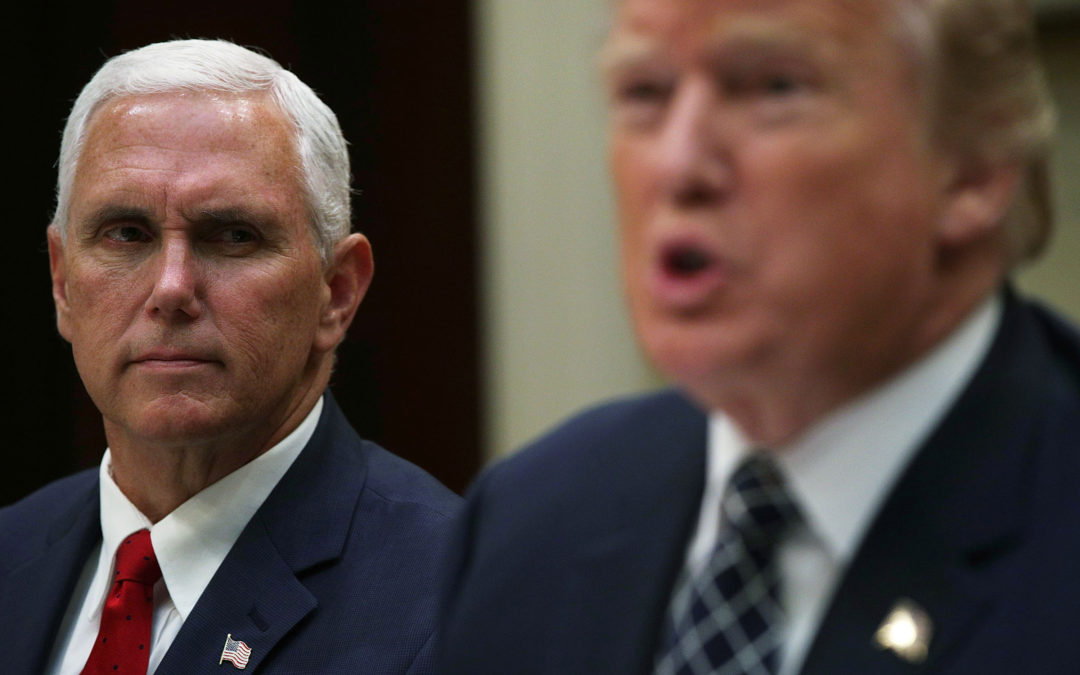Lodestar.
Who on earth uses that word?
Social media sleuth’s were quick to point a finger.
Vice President Mike Pence.
Online chatter quickly focused on Pence as armchair language analysts focused on one line from the anonymous attack on President Trump describing the late Sen. John McCain as “a lodestar for restoring honor to public life and our national dialogue.”
The word ― which Merriam-Webster defines as either “a star that leads or guides” or a person who “serves as an inspiration, model, or guide” ― isn’t that commonly used.

Lodestar, as @danbl00m quickly researched, is a favorite of Pence.
He used it during a 2001 hearing on the EPA when he was in the House:
“I particularly appreciate Dr. Lutter’s comment with regard to using established principles for sound analysis, which will be very much of a lodestar.”
He used it in a 2017 speech at the United Nations:
“So let us rededicate ourselves to the mission upon which this body was founded — the first words in the U.N. charter, ‘to maintain international peace,’ we must be our lodestar, our ideal, and our aspiration.”
Two months later he used it at the Jack Kemp Leadership Award Dinner:
“Jack’s lodestar was his unwavering belief in the equality and dignity of every person.”
And again he used it in Tokyo, in February of this year:
“As President Trump has said, ‘past experience has taught us that complacency and concessions only invite aggression and provocation.’ And so vigilance and resolve will be our lodestar. All options are on the table.
Could Pence have personally leaked an attack of this magnitude on his own boss to The New York Times? Or perhaps one of his speechwriters or staffers who have lodestar burnt into their brains?
Probably not.
One senior White House official told the Daily Mail late Wednesday that suspicion is not focused on Pence, or anyone in his office, following a frank discussion among the VP’s senior staff.
The official suspects “lodestar” was purposely included in the op-ed to throw journalists off the scent.
